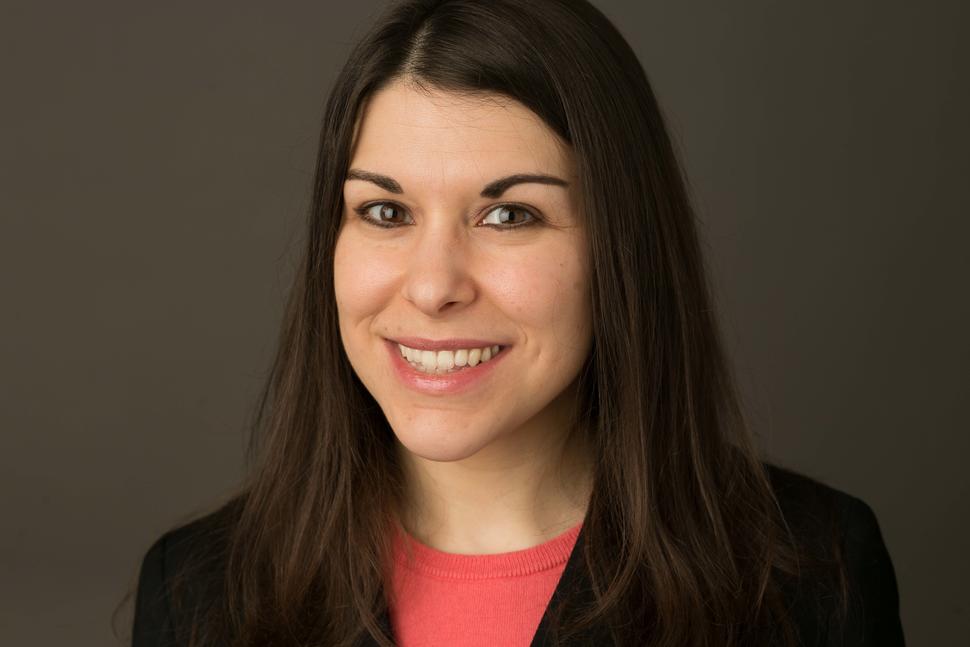Do you have any tips on how to be a good mentor?
One thing I emphasize in my current lab is communication. I feel a lot of problems in science often occur because there’s not great communication between the advisor and the student.
When I was starting my lab, I reached out to a colleague about mentorship whose trainees were successful and happy in their lab environment.
Based on some of his recommendations, I have everyone submit a “weekly check-in,” which consists of current projects, research progress, and current problems with experiments. During these meetings, I ask my trainees, “Is there anything you need from me?” I also have them share with me where they are in terms of workload stress on a scale from 1-10, where 5 is ideal, 1 is bored, and 10 is burnout. This helps me work with them to manage their projects and time.
I’ve found that one-on-one meetings, individual check-ins, and weekly lab meetings enhance interactions to help me really assist my trainees. I think it also helps my students feel comfortable in sharing things with me.
My goal is to be supportive of their current work as well as help them to prepare for the next step in their careers.
In addition to trainees in your lab, how do you encourage young people to think about science?
Everyone can be a scientist!
My lab does a lot of scientific outreach activities. We go into elementary schools, and we'll show the kids how to isolate DNA from strawberries. All you need for that is soap, rubbing alcohol, and salt. You can do that and you're a scientist just like we are in the lab.
I think that's really important, and that science is a career that people should learn about. We can really make a difference by showing these young people that they can do experiments and make scientific discoveries.
We have an Upward Bound Program here at George Washington University where we work with the high school students to do different hands-on laboratory experiments and expose them to different scientific careers. I think that it's important for people to know that science is an exciting and fulfilling career.
Can you describe your cancer biology research?
Every cell in our body has the exact same DNA, and those cells do very different things. For example, a cell in your heart will need to beat like a heart muscle, whereas a cell in your nervous system will need to be able convey electrical impulses to and from your brain.
I use the analogy of traffic lights, where a green light means the gene is turned on and a red light means the gene is turned off. In a heart cell, you would have a heart muscle gene turned on with the green light, while it’s a red light and turned off in a nerve cell. However, in a nerve cell you would have a nerve specific gene turned on, while it’s a red light in the heart cell. This is how we control gene expression and what makes cells different from each other even though they all have the same DNA.
Cancer cells have very different red and green lights in their DNA compared to normal cells. My research is examining mechanisms that alter traffic lights, or gene expression, in cancer cells. My lab is specifically interested in understanding how epigenetic modifications, meaning the switches and levers that control the hardwired signals of the red and green lights in the DNA sequence, play a role in cancer.
We are also studying drugs targeting epigenetic changes, which have been approved to use in the clinic or are being tested in clinical trials, that can return the red and green lights of a cancer cell back to a normal cell state.
Why did you decide to study the role of epigenetics and transposable elements in cancer?
Transposable elements [i.e., jumping genes] are an understudied part of the genome. They include the remnants of old viruses that integrated into our genome a long time ago that could move around in our DNA.
I didn't know much about them before doing my post-doctoral work with Dr. Steve Baylin. His lab had shown that drugs inhibiting an epigenetic change, specifically DNA methylation, suppress the growth of cancer cells. In my project, I was trying to figure out the mechanism of why the drugs had an anti-tumor effect in ovarian cancer cells. By looking at transcriptomic data, we observed that the treatment was promoting an immune response.
We found that by inhibiting the methylation of these old viral transposable elements in the ovarian cancer cell genome, they look like viruses when they are transcribed. Cells sense the virus-like RNA and think there’s an infection. They begin to activate an immune response that induces cancer cell death and brings immune cells to the tumor to attack the cancer cells.
This discovery was the first time that I understood how important these transposable elements are to our own immune system and the role that they play in cancer.
